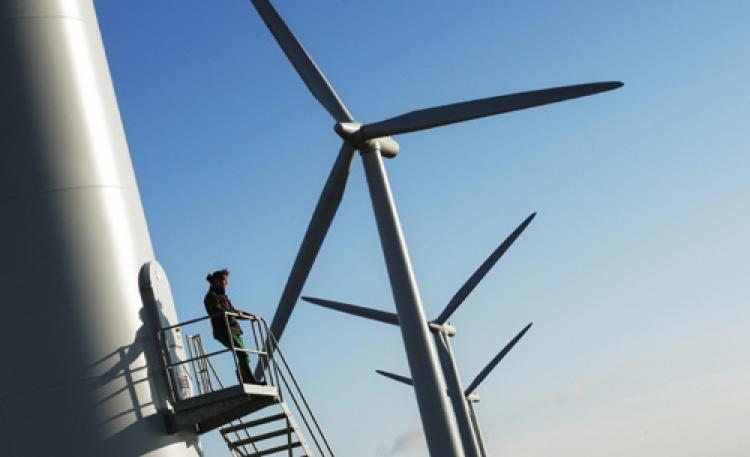The New South Wales (NSW) state government has declared it will spend $750 million on the Net Zero Plan for greenhouse gas emissions as part of an $11.6 billion investment over the next 10 years.
Announcing the plan, along with the new Net Zero Industry and Innovation Program, on Monday, the NSW Minister for Energy and Environment Matt Kean said that the program is part of the government’s overall plan to reduce emissions by 35 percent by 2030 and achieve net-zero by 2050.





